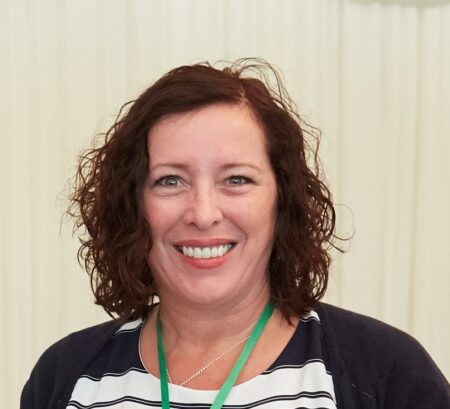Home News & Views Infection prevention and resilience
Infection prevention and resilience
Karen Davies, Senior Nurse Projects, HC-One & RSBC Social Care Advisory Group Member
‘Are we ready for every eventuality?’ Of course not! Being ready for the ‘possible’ is a good start. An often-repeated question during my time as a registered home manager.
I am very fortunate to be part of the Social Care Advisory Group for Resilience-based Clinical Supervision (RBCS). Recently we discussed the impact the pandemic had on the sector. We touched on the strong emotions that may be a legacy of that time. We also discussed the positive outcomes; the creativity and innovation experienced. I reflected on my time as part of a Greater Manchester Infection Prevention Collaboration during that time.
In early 2020 as Covid 19 crept across each of the continents, we all did our best to plan, prepare and prevent. Social care nurses faced a new virus; the risk to themselves, their communities, resources, and their practice, all in an ever-shifting landscape of guidance. In addition to the ever-changing presentation of each variant. We were not ready…
The sector faced a threat like none before, we went to war against an invisible enemy. Previously contact with the public health team would have been minimal; an occasional audit, advice on an outbreak, or a promotion for flu vacs. The infection prevention/control process was largely unchanged in decades. Visiting a care home was open with minimal restrictions. Visitors arrived with coughs, colds and infections, it was the accepted way things were but then everything changed.
Covid flipped focus, resources, assessment, and prevention, the risk of a potentially fatal infection became the topic of every conversation, every action and the focus of all planning.
Managing outbreak after outbreak, the heartache of homes in isolation for months on end was challenging for all. The opportunity to create safe visiting spaces, using virtual communications, supporting virtual GP visits and the focus on making each visit count brought joy in difficult times.
Each nurse, manager and carer dug deep to find the reserves needed to keep themselves, the people they cared for, their colleagues and families safe. They redesigned, reorganised, repurposed, and reinvented. They refocused, finding new partnerships, new ways of working, built different relationships with stakeholders.
Whilst face-to-face contact was limited, online collaborations become a powerful tool to open up conversations around the challenges faced, and through these collectives, solutions were found, shared and went on to impact on people’s lived experiences.
As a collective, the challenge was met, but we were changed by it. Battling does that, it leaves lasting scars and there are inevitable casualties, there are lessons learned and new skills acquired.
Learning from our experiences is so valuable. When we reflect on the years since 2020, we must acknowledge the harm caused but also celebrate and remember the positives. We became the professional expert and became an active participant in the narrative. We must not lose that momentum.
Preparedness is one of the key elements to minimise the negative impacts of any potential threat. Questions must be asked of our experiences, not to point a finger but to ensure the learning, our learning is valued. Understanding how we respond to the situations and people around us is a powerful tool.
One result of the pandemic was that we in the social care sector became even more isolated from our colleagues in other sectors. Access to vital clinical supervision was impacted and access to wellbeing services was as varied as the sector provision itself.
NICE guidelines for infection prevention suggests ‘everyone involved in providing care should be educated about prevention infection, and should receive training in keeping hands clean, using protective equipment and the safe use of sharps. Healthcare workers will make sure they have the equipment they need to prevent infections.’
We could use these principles when discussing the need in social care for Resilience-based Clinical Supervision, which I see as a kind of prevention tool! In social care, we need education about prevention, training in and safe use of, practical prevention tools like RBCS as a form of restorative supervision resource.
No one was ready last time; we have an opportunity to add to the tools available to us, to support ourselves and each other and to be ready.
Comments are closed.


